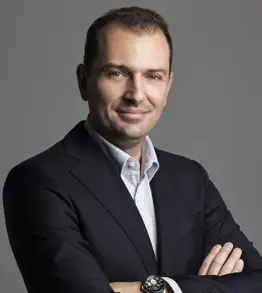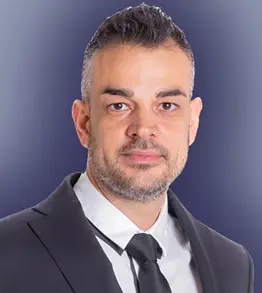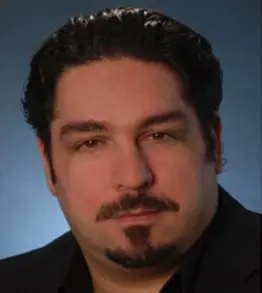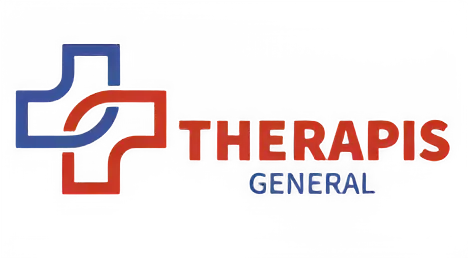Neorosurgery
Neurosurgery Department
Modern neurosurgery now treats conditions that were previously considered incurable. This is because our knowledge of the anatomy and function of the brain and spine, as well as the pathophysiology of neurosurgical diseases, has improved greatly in recent years. Ongoing research has provided new surgical techniques for the management of difficult neurosurgical cases. At the same time, modern technology has greatly assisted the neurosurgeon to perform precision procedures drastically reducing complications and increasing the expected outcomes for the patient.
The neurosurgical department of Therapis General Hospital, applying all this knowledge, new techniques and with the help of the state-of-the-art medical equipment available, treats the majority of neurosurgical conditions with complete success. Degenerative spinal disease (i.e. lumbar stenosis, cervical myelopathy, lumbar disc herniation and cervical spine herniation) is treated with minimally invasive methods with excellent results and one day hospitalization. In addition, the department treats patients with malignant brain tumors (metastases, low and high malignancy gliomas), benign brain tumors (meningiomas), traumatic lesions (hematomas, skull fractures) and hydrocephalus.
Diseases that are treated in the Neurosurgery Department:
Spinal Surgery:
- Lumbar Stenosis
- Cervical Stenosis
- Lumbar intervertebral disc herniation
- Cervical intervertebral disc herniation
- Malignant tumors of the spinal cord
- Benign tumors of the spine
- Nerve root neurinomas
- Syringomyelia
- Spasticity
- Spinal instability
Brain surgery:
- Brain Metastases
- Low Malignancy Gliomas
- High malignant gliomas
- Skull base lesions
- Meningiomas
- Traumatic brain injuries
- Hydrocephalus
- Intracranial Hypertension
- Intracranial Hypotension
- Cerebrospinal fluid leakage
Our Neurosurgeons

Androulakis Georgios

Phaedon Liakos

Barkas Konstantinos

Nikolaidis Ioannis

Papoutsakis Dimitrios

Stavrinou Lambis


